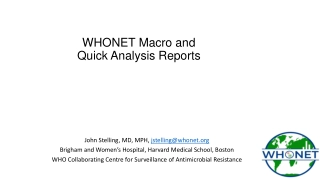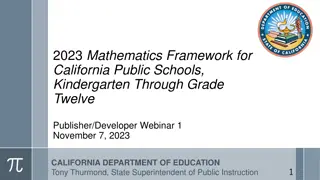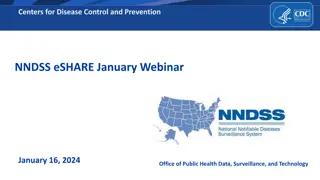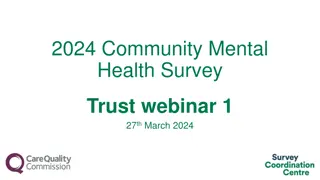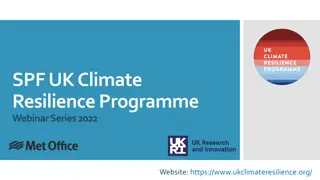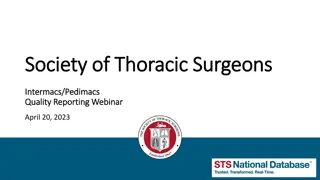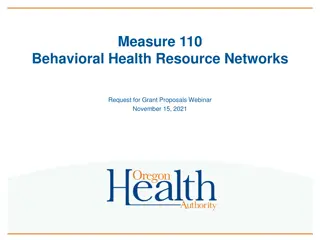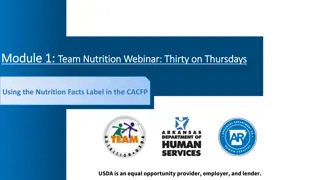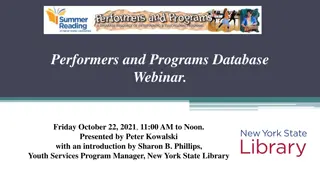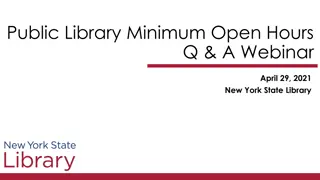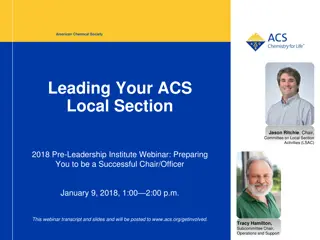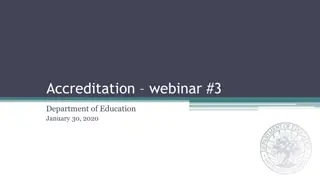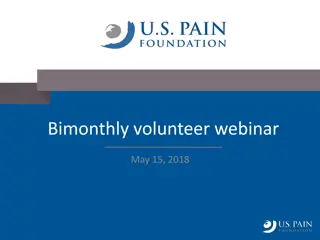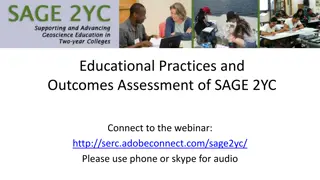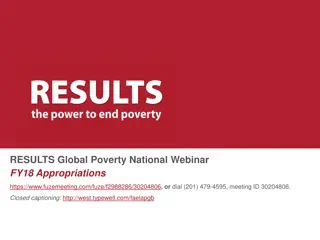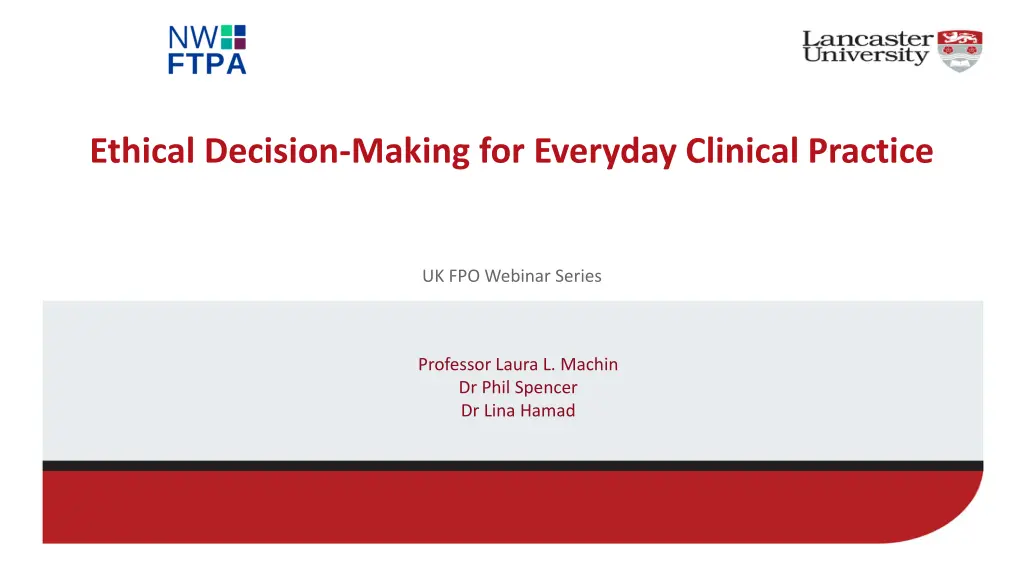
Everyday Clinical Ethics: Making Ethical Decisions in Practice
Explore the importance of ethics in everyday clinical practice through real-life scenarios and discussions. Understand the significance of ethical decision-making, the four key principles, and how ethics guides medical professionals in challenging situations like patient autonomy and beneficence.
Download Presentation

Please find below an Image/Link to download the presentation.
The content on the website is provided AS IS for your information and personal use only. It may not be sold, licensed, or shared on other websites without obtaining consent from the author. If you encounter any issues during the download, it is possible that the publisher has removed the file from their server.
You are allowed to download the files provided on this website for personal or commercial use, subject to the condition that they are used lawfully. All files are the property of their respective owners.
The content on the website is provided AS IS for your information and personal use only. It may not be sold, licensed, or shared on other websites without obtaining consent from the author.
E N D
Presentation Transcript
Ethical Decision-Making for Everyday Clinical Practice UK FPO Webinar Series Professor Laura L. Machin Dr Phil Spencer Dr Lina Hamad
What is ethics? Does ethics matter for foundation doctors?
Isnt ethics all about the big stuff? What is ethics? Does ethics matter for foundation doctors?
Isnt ethics all about the big stuff? What is ethics? Can t I just trust my gut instinct? Does ethics matter for foundation doctors?
But surely, its the law that matters at the end of the day? Isn t ethics all about the big stuff? What is ethics? Can t I just trust my gut instinct? Does ethics matter for foundation doctors?
Case Study: Panel Discussion Mr. X is a 50-year-old man who presented to A&E with chest pain. His observations are normal, but he has nonspecific ST-changes on his ECG and borderline troponin levels. He initially agreed to admission for observation and investigation, but after a lengthy wait in A&E for a bed, he has become fed up and now says he is going to leave because I need a cigarette, and nothing is being done anyway . Although evidence for a myocardial infarction is lacking, it is strongly suspected that his pain is due to ischaemic heart disease. The on-call F2 doctor has attended for a discussion with Mr X. In the course of the conversation Mr X says that he is quite happy to sign whatever form is needed, but he is going to leave. The F2 is uncertain of her responsibilities and whether she should become complicit in helping him to leave by prescribing cardiac medication for him before he goes.
The four principles Respect for autonomy - literally self-rule Beneficence the duty to maximize benefit or minimize harm (a positive duty) Non-maleficence the duty to avoid causing harm (a negative duty) Justice Moral justice rights, fairness, resource allocation, etc. Legal justice what does the law demand, allow, and prohibit?
Remember that Ethics enables you to justify and give reasons for why you chose a particular course of action.
Remember that Sometimes ethical principles will impose conflicting demands on us. We are then facing an ethical dilemma. In such situations, we must make a choice about which obligation we will prioritise and why. Note that there is no ranking, or order of importance, implied by the four principles. All carry equal weight. So, two people may apply the same ethical principles but still disagree on the best course of action, but at least the point of disagreement becomes explicitly clear. In practice, it is often helpful to consider what the law says first, because we must abide by the law whatever the ethics tells us (the two do not always agree!).
In summary When facing a challenging dilemma, ask yourself: what does the law require or permit? what does the GMC say? what moral demands are imposed by the 4Ps? And use that as the starting point for deliberation There may be more than one morally justifiable option Ethics is not about giving you the right answer, it is a means of applying logic and reasoning to your thinking.

